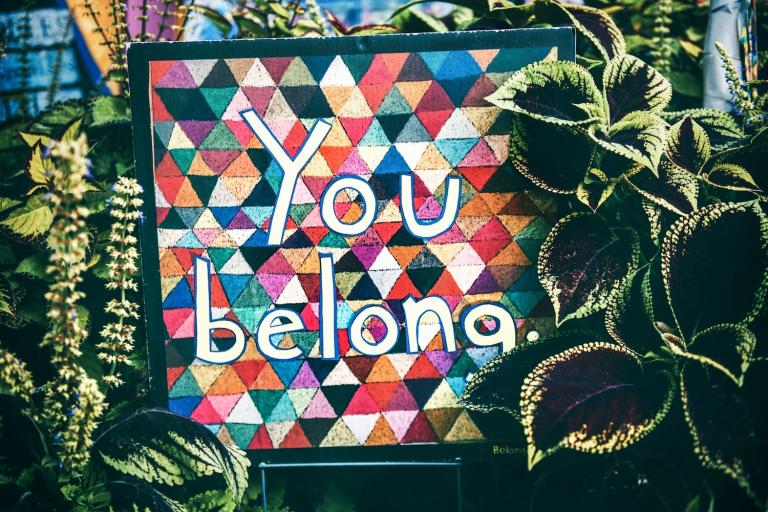When we talk about Diversity, Equity, and Inclusion (DEI), we’re talking about the heart of Jesus’ message. If you claim to follow Jesus, embracing DEI is not optional—it’s essential. These principles aren’t just trendy buzzwords; they’re deeply rooted in the core values of love, justice, and compassion that Jesus embodied. Let’s break it down.
Diversity: Reflecting the Image of God
The Bible tells us that God created every human being in His image (Genesis 1:27). That means every person, regardless of race, ethnicity, gender, or background, carries the divine image and deserves respect and dignity. Look at Jesus’ life. He broke down social and cultural barriers left and right. He spoke with the Samaritan woman (John 4), healed the Gentile centurion’s servant (Matthew 8:5-13), and shared meals with tax collectors and sinners (Matthew 9:10-13).
Following Jesus means celebrating the rich diversity of God’s creation. Embracing diversity in our communities and churches isn’t just nice—it’s necessary. It reflects the inclusivity of God’s Kingdom, where people from every nation, tribe, and language come together to worship (Revelation 7:9).
Equity: Pursuing Justice and Fairness
Equity goes beyond mere equality. It means addressing systemic injustices and ensuring everyone has what they need to succeed. Jesus’ mission focused on justice. He proclaimed freedom for the oppressed (Luke 4:18) and consistently challenged the injustices of His day. Think about the parable of the workers in the vineyard (Matthew 20:1-16)—Jesus taught that everyone should receive what they need, not just what’s equal.
As followers of Jesus, we must advocate for justice and fairness in our societies. This means confronting and dismantling systems of oppression and inequality. It means ensuring resources, opportunities, and privileges are distributed in ways that help everyone flourish. Pursuing equity is a direct way to love our neighbor as ourselves (Matthew 22:39).
Inclusion: Welcoming All with Open Arms
Inclusion means creating spaces where everyone feels valued and can fully participate. Jesus modeled radical inclusion. He welcomed children (Matthew 19:14), valued women’s contributions (Luke 10:38-42), and reached out to those deemed unclean or unworthy by society (Mark 1:40-45). His table fellowship symbolized inclusion, inviting all to share in the meal, no matter their status or background.
Creating inclusive communities as followers of Jesus means actively removing barriers that prevent people from fully participating. It means listening to and amplifying marginalized voices and ensuring everyone feels they belong. An inclusive church truly reflects the Body of Christ, where every member is honored and valued (1 Corinthians 12:12-27).
The Call to Action
Embracing DEI isn’t just a social or political stance—it’s a profound theological commitment rooted in Jesus’ life and teachings. To follow Him is to commit to radical love, justice, and inclusion. This requires self-examination, repentance for past and present injustices, and proactive efforts to build communities that reflect God’s heart.
Churches and organizations can start by educating themselves on issues of diversity, equity, and inclusion. They can create spaces for open and honest conversations about race, gender, and other forms of diversity. They can review their practices and policies to ensure they are equitable and inclusive and stand in solidarity with marginalized communities in their struggles for justice.
By embracing DEI, followers of Jesus bear witness to God’s inclusive love and work towards a world where everyone can experience the fullness of life that Jesus promised (John 10:10). This isn’t just a noble goal—it’s a divine mandate. Let’s transform our communities and societies to reflect the Kingdom of God.
Click here to connect with us; for extensive resources; and for diverse, inclusive community.


















